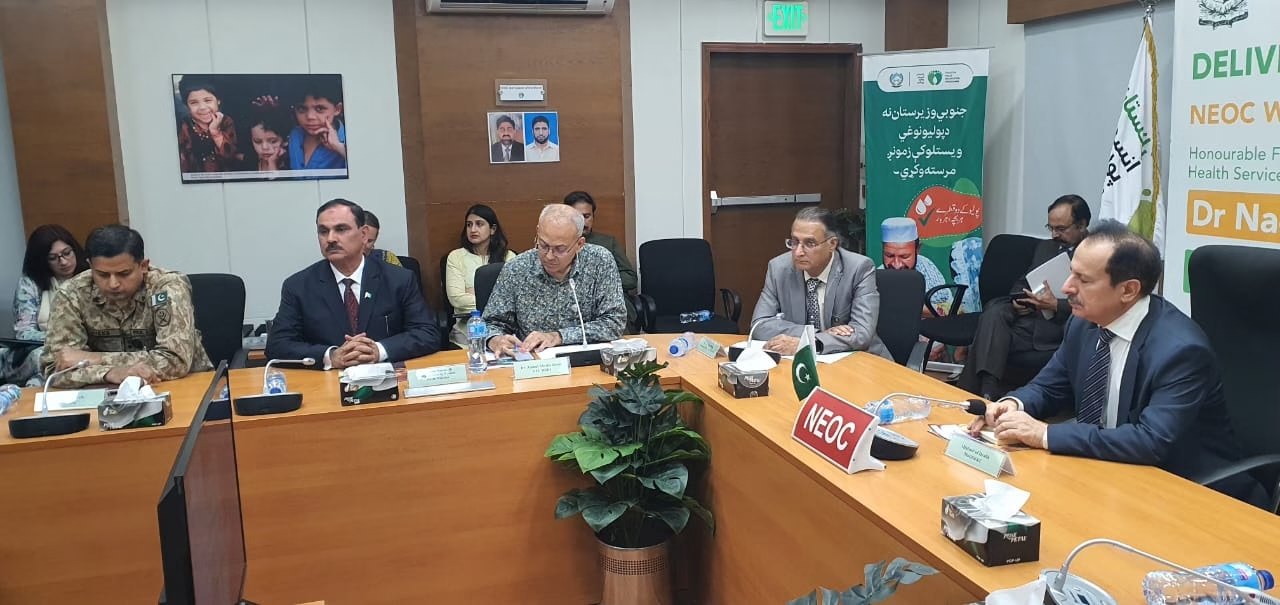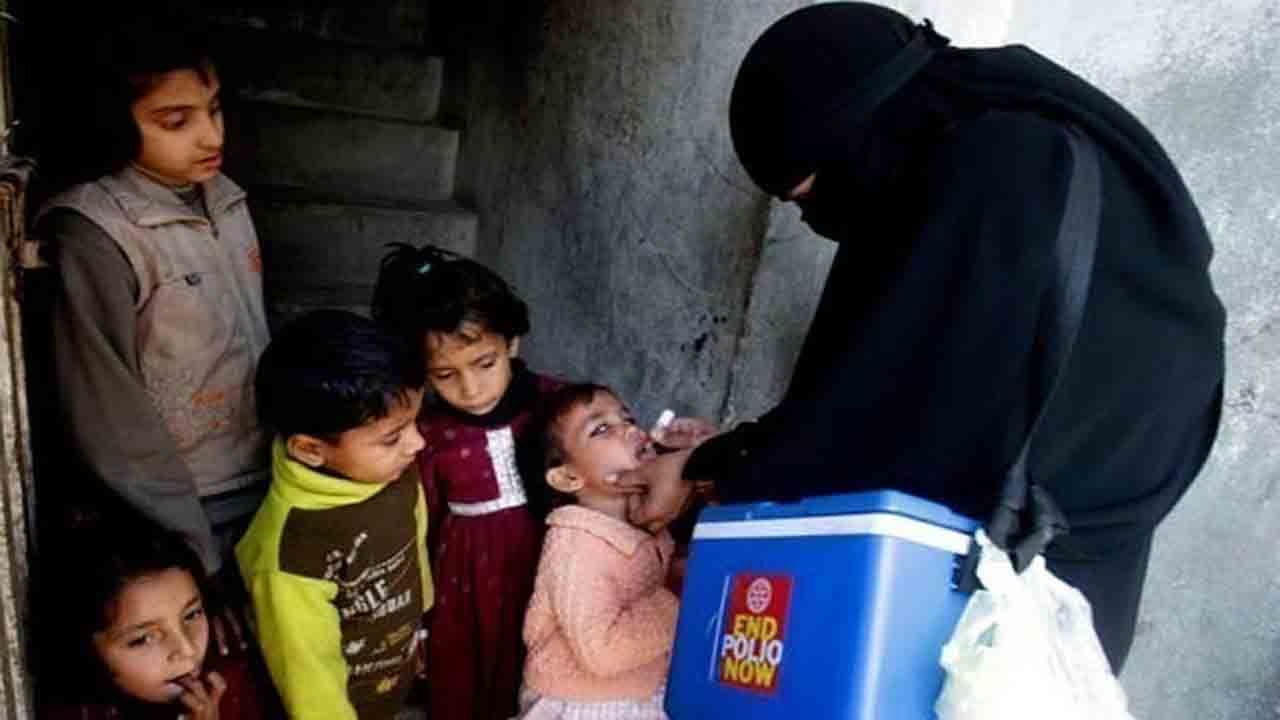In a major global health announcement, the Gates Foundation—founded by Microsoft co-founder Bill Gates—has committed $2.5 billion to women’s health, setting a strong precedent for investing in the well-being of women worldwide. This funding aims to tackle diseases and complications that are often overlooked, particularly in low- and middle-income countries where access to proper healthcare is limited.
A Historic Investment in Women’s Health
The newly announced funding is the largest ever by the Gates Foundation for a single health initiative. According to Bill Gates, many women continue to die from diseases that are not only preventable but also treatable with basic medical interventions. By focusing on women’s health, the foundation hopes to bridge the gap in healthcare access and eliminate disparities that disproportionately affect women.
The $2.5 billion allocation will be used between now and 2030 to fund over 40 innovative projects across five major health areas. The goal is to develop sustainable, scalable solutions that can dramatically reduce female mortality and improve quality of life.
Targeting Diseases That Matter Most
Among the key focus areas are reproductive health, pregnancy-related complications, and chronic conditions such as hypertension and diabetes, which have serious impacts during pregnancy and childbirth. These are among the top contributors to maternal mortality, particularly in regions with limited healthcare infrastructure.
A report by the World Health Organization (WHO) states that nearly 810 women die every day from preventable causes related to pregnancy and childbirth, with the vast majority of these deaths occurring in low-resource settings. The Gates Foundation aims to cut this number significantly through its new initiative.
Focusing on Maternal Health, Vaccines, and Nutrition
The funding will also support broader public health measures including maternal nutrition, prenatal care, and the development of effective vaccination programs for women. These factors play a crucial role in ensuring both the mother’s and baby’s long-term health.
Nutrition, in particular, is a central part of this investment. Malnutrition during pregnancy is a major cause of underdeveloped births and maternal death. Addressing it can result in healthier births and fewer long-term health complications, according to UNICEF.
Additionally, access to modern contraceptives and sexual health education will be expanded. This will help reduce unplanned pregnancies and empower women to make informed decisions about their health and bodies.
Innovation and Research: The Path Forward
What sets this initiative apart is its emphasis on innovation. More than 40 new technologies and treatment methods are expected to be researched, developed, and rolled out under the funding program. These innovations include low-cost diagnostic tools, simplified treatment protocols, and mobile health solutions that can reach even the most remote communities.
One example includes a smartphone-based device for monitoring blood pressure in pregnant women—a major risk factor for preeclampsia, which is a leading cause of maternal death. Another innovation is a new type of injectable contraceptive designed for easier use in rural areas.
Why Women’s Health Matters for Future Generations
Bill Gates has emphasized the multi-generational impact of investing in women’s health. He stated that when women have access to good healthcare, it leads to healthier families, stronger economies, and more resilient communities. Educated and healthy women are more likely to send their children to school, participate in the workforce, and break the cycle of poverty.
This point is reinforced by global data. According to the World Bank, every $1 invested in maternal health yields a $9 return in social and economic benefits. It’s not just a health issue—it’s an economic one.
A Game-Changing Move in Global Health
The Gates Foundation’s unprecedented $2.5 billion commitment to women’s health is a game-changer. With targeted funding in research, treatment, education, and innovation, this initiative has the potential to significantly reduce the health burden on women across the globe.
As the world moves closer to 2030 and the deadline for the United Nations’ Sustainable Development Goals (SDGs), such investments are more critical than ever. Prioritizing women’s health not only saves lives but also lays the foundation for a healthier, more equitable future for everyone.
By placing women at the center of global health strategies, this funding reaffirms a powerful truth: when women’s health is prioritized, entire societies thrive.



